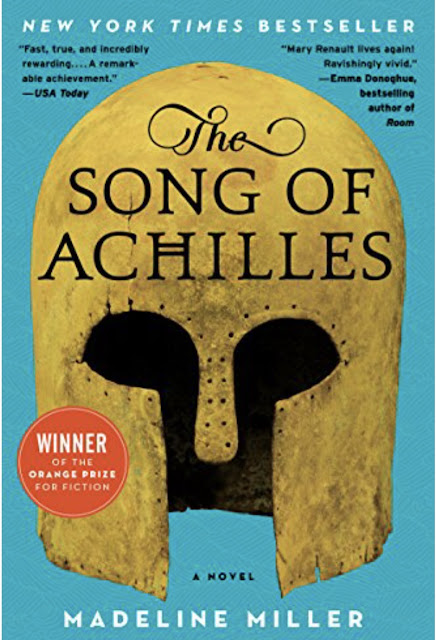The Cooking Gene: A Journey Through African American Culinary History in the Old South by Michael W. Twitty. 2017 -464 Pages - narrative non-fiction.
2018 James Beard Foundation Book of The Year
An Autodidactic Corner Selection
This is an essential book for anyone interested in African American culinary history but there is so much more awaiting readers of Michael W. Twitty’s book. It is an exciting account of how he employed DNA based ancestral testing to uncover the ethnic background of his ancestors. He goes into a lot of details on the challenges found in attempting to do ancestral research for persons whose ancestors were slaves in the old south. He found himself about 25 percent European and 70 percent from various parts of Africa with The rest Native American. He faces directly the rape of slave women that produced this. We see How he accepts himself as Gay and converts to Judaism.
Among the many food crops that came from Africa as detailed by Twitty are okra, corn, various types of rice, yams, sweet potatoes, collard greens, kale, turnips, field peas and black eyed peas. Slave traders brought seeds for these crops to feed the slaves on items they were familiar with. Enslaved women cooked not just for themselves but their owners. Thus these crops became the staples of southern whites. Slaves were commonly allowed vegetable gardens. Some rich plantation owners sent male cooks to France to be trained. Slaves skilled in Rice farming were highly priced.
Chickens followed by pigs were a big part of The cuisine. Through hunting, aligators, possum and deer were part of The diet. Fishing was very important.
Twitty talks about The impact of heavy consumption of so called “Soul Food” on health, leading to high blood pressure diabites. He explains How greens, peas, sweet potatoes can be very healthy.
I learned a lot about The different African kingdoms from which slaves were taken in The largest forced migration in history. Using examples from his own Family history he shows us The horror of life as slave. Most of The book deals with The old south but sugar plantations are covered also.
Twitty includes a number of recipes. He goes into Gullah culture also, one of my interests.
There is so much of interest in this book. It is a history of The culinary history of the old South.
Twitty loves his subject and it shows. I give this book my complete endorsement.
“Michael W. Twitty is a noted culinary and cultural historian and the creator of Afroculinaria, the first blog devoted to African American historic foodways and their legacies. He has been honored by FirstWeFeast.com as one of the twenty greatest food bloggers of all time, and named one of the “Fifty People Who Are Changing the South” by Southern Living and one of the “Five Cheftavists to Watch” by TakePart.com. Twitty has appeared throughout the media, including on NPR’s The Splendid Table, and has given more than 250 talks in the United States and abroad. His work has appeared in Ebony, the Guardian, and on NPR.org. He is also a Smith fellow with the Southern Foodways Alliance, a TED fellow and speaker, and the first Revolutionary in Residence at the Colonial Williamsburg Foundation. Twitty lives in Silver Spring, Maryland.” From The publisher
Mel u


















